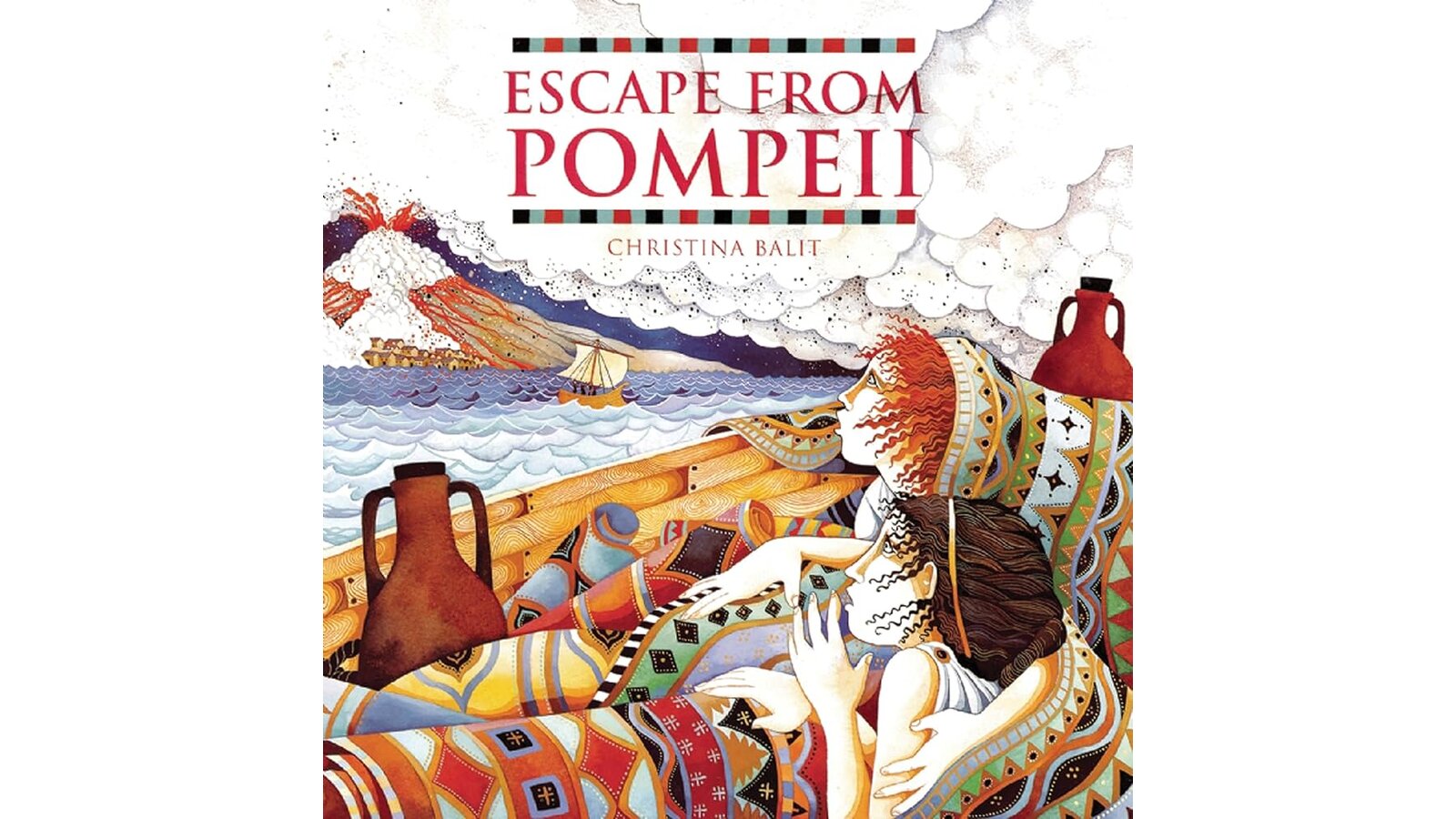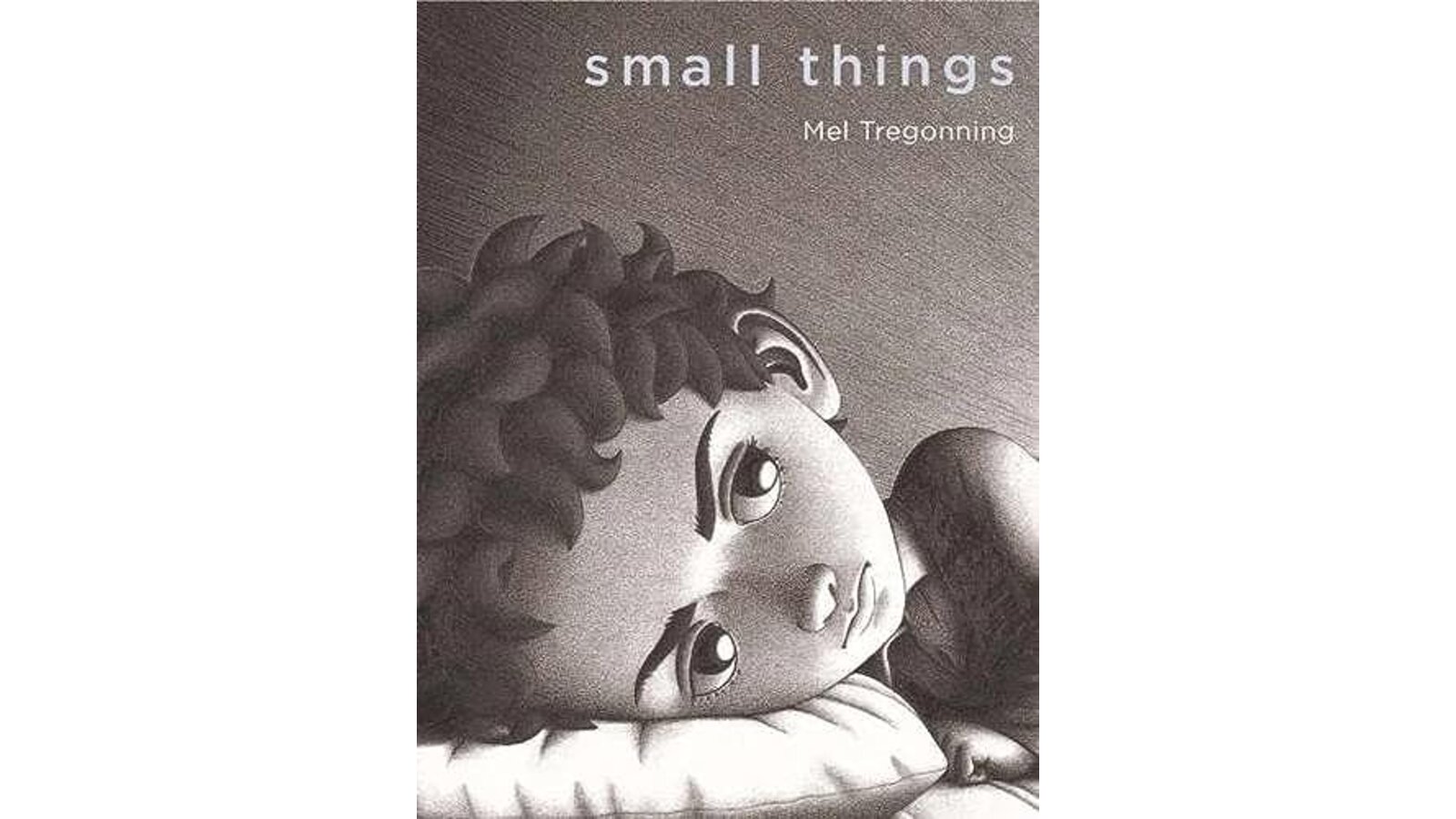English at Clarendon Junior School
Albus Dumbledore
At Clarendon Federation, we are devoted to promoting a love of reading. Children have a Reading lesson lesson everyday where they focus on improving their reading fluency, comprehension skills and vocabulary. Fluency refers to the children's ability to read accurately, at a good pace and with proper expression. In each Reading lesson, children are exposed to a variety of high-quality reading books, non-fiction texts and poems. Children are encouraged to ask questions about the texts as well as answer comprehension questions.
Children can borrow a reading book from the school library that correlates with their reading age as well as selecting a book to read for pleasure to enjoy with adults at home. We aim for children to read every night at home, either to an adult or independently.
Developing Reading for Pleasure
At Clarendon Federation, we model reading for pleasure. A class story is read aloud by the teacher at the end of every school day.
Pupils are encouraged to read books by a wide variety of authors and from a range of genres. This will include books for improvement and books for enjoyment. Books for improvement will often include ‘classic’ novels and non-fiction texts such as biographies or fact books with topic themes (e.g. history/geography/art). We believe these books will further the children’s vocabulary and language development. We help children to develop good reading habits and a love of reading by actively encouraging children to read books for enjoyment as well as for improvement.
School Library
We are very lucky to have a fantastic library which promotes authors and has a wide range of reading material to appeal to all pupils. A child from each class is a school librarian and help to keep the library tidy and well-organised as well as being on hand to offer advice if needed. Children's suggestions for new books are encouraged and often purchased!
- Clarendon Federation encourages a love of reading by holding book-themed days and events both as individual classes and across the whole school e.g. World Book Day.
- We aim to share a variety of literature. Book Fairs are held to allow all children the chance to look at new books of all genres and hopefully purchase a new book of their own to take home!
- Our well-stocked school library promotes authors and a range of reading material to appeal to all pupils. Children's suggestions for new books are encouraged and purchased.
- Authors are invited in to talk and work with our children. Our most recent author (Guy Bass) visited us remotely.
- The West End Schools Theatre Company has taken every class to do workshops. The most recent workshop was 'Books through Dance' which focussed on Alice in Wonderland.
- Children are encouraged to record their reading at home using their reading records. Every 25 days of reading at home, the children have a certificate signed in their records and move their apple on the class reading tree display.
- Children have access to the Reading Eggs website, which gives them access to texts and books to read alongside games and activities linked to reading.
Assessment of Reading
- Reading is assessed regularly and monitored on the school tracking system.
- Children in the school are assessed using the Salford reading test to check progress in their reading age relative to their chronological age.
- Rising Stars PIRA tests are used in Year 3,4,5 in order to provide standardised assessment scores at the end of the autumn, spring and summer term.
- Year 6 use past and current QCA SATs tests at the end of every half-term.
- For some children, interventions are provided for children who require additional support. The school SENCO and (if necessary) external agencies are involved to support children if needed.
Clarendon Junior School Reading Spine
Alongside Clarendon Infant School, Clarendon Junior School has developed a ‘Reading Spine’ of core, high quality texts for each year group from EYFS to Year 6. It consists of wide range of books to inspire and enthuse children’s reading. Both schools are incredibly passionate about providing children with high quality texts to help them become confident, lifelong readers. The children also provided their choices for our Reading Spine!
The texts are shared with all the children in different ways – they may be read to the children, used a stimulus for writing in English lessons or during reading celebration days.
The books on the spine are a range of fiction, non-fiction and poetry to ensure children explore a breadth of text types and genres to help them find their favourite. This spine has been inspired by the ‘5 Plagues of Reading’ which ensures children are exposed to different text types such as: archaic language, non-linear narrative, symbolism, complexity of narrator and resistant texts.We have also included texts which are diverse, encourage oral storytelling and promote well-being.

Our Writing Offer
At Clarendon Federation, Writing is seen as an extension of our Reading offer. We value reading and writing as essential skills and, to that end, ensure that all children progress well in literacy so they are prepared for the next stage of their education. Our approach to English and Writing specifically, is an equitable one: we achieve equity by ensuring that research informs the development of our universal offer for Writing. In addition, we supplement our universal offer with targeted support for those children who may need further help. Targeted support will be deployed to ensure all children are meeting or exceeding their potential. This means that our targeted support will secure important transcription skills (foundational knowledge), and target excellence in Writing.
The design of our Writing curriculum is built around high-quality inclusive texts and animations. We aim to select texts that foster strong links with other curriculum subjects to support children’s working memory. We are research informed in our approach to choosing texts, using organisations such as Book Trust, CLPE and The Literacy Trust to support our selections. We know that texts provide us with powerful contexts in which to explore diversity, social justice and British Values so we purposely seek out texts that help to enrich our children’s personal development and build cultural capital.
The design and delivery of Writing skills has been developed around the principles of foundational knowledge: children need to be secure in the basics of writing - transcription (sentence level grammar, basic punctuation, phonics for spelling and handwriting) before they embark on composing more complex pieces of writing. In Key Stage Two, our curriculum progressively develops the skill of composition whilst securing foundational knowledge through our slow release teaching sequence.

Handwriting Approach
Good handwriting is critical to children's writing progress. It is essential that handwriting is practised until it is fluent and effortless so that the children can put all their effort into thinking about what they are writing. As a Federation, we use Unlocking Letters and Sounds Handwriting to discretely teach letter formation. Unlocking Handwriting is a whole school handwriting programme. The progression used in Unlocking Handwriting follows the National Curriculum progression, with some additional content included based upon a wealth of experience of teaching handwriting in schools, feedback from schools seeking a comprehensive, progressive handwriting programme and updated guidance (including requirements from the National Curriculum).
The progression Is structured broadly in units which are broken down into multiple sessions, offering a clear focus for each discrete handwriting lesson. Similar to the structure of Unlocking Letters and Sounds, Unlocking Handwriting provides ‘Mastery’ units for children to embed and secure the knowledge they have previously learnt. The programme also provides frequent opportunities for children to revisit previous learning and embed this before further refining their handwriting skills.

Click below to find out about the English Programme of Study for Key Stage 2:
Primary National Curriculum - English Programme Of Study for Key Stage 1 and 2



